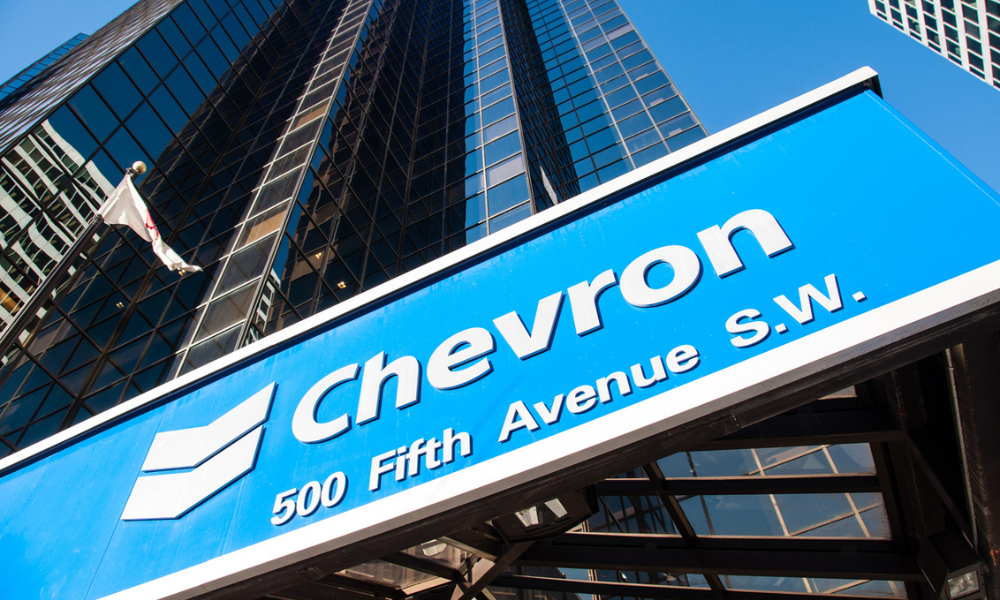
Government as trustee cannot derive personal benefit from trust fund

The Alberta Court of Appeal has ruled that a trustee was not unjustly enriched by royalty overpayments because a trustee may not derive a personal benefit from the trust fund.
The dispute in Chevron Canada Resources v. Canada, 2022 ABCA 108 arose from royalties that were allegedly overpaid by Chevron to the federal government, which was serving as trustee for four Indian bands located near Pigeon Lake, Alta. The reserves of the bands included oil and gas reserves. Chevron had an interest in these reserves and paid royalties to the federal government in accordance with the Indian Oil and Gas Act. The government, in turn, held all the funds in trust for the four bands.
From 1991 to 1996, Chevron overpaid the royalties, resulting in an excess in payment of $10 million. The company sought to recover the mistaken payments “on a joint and several basis” from the federal government and the bands.
The bands argued that the government alone should be held liable, saying that the funds were administered by the government in trust on behalf of the bands, so any resulting loss arose from the government’s breach of trust and its fiduciary obligation. The federal government, on the other hand, alleged that any overpayment was passed on to the benefit of the bands.
The trial judge ruled that the federal government and the bands were jointly and severally liable to Chevron for the overpayments. The judge ordered the government and each defendant band to pay its proportionate share for the overpayments, and the bands were further instructed to indemnify the government. The bands appealed.
Chevron’s main argument was that the defendants had been unjustly enriched because of the overpayments. The Court of Appeal clarified that the law of unjust enrichment requires that the defendant be “enriched.” In a trust arrangement, legal title to the assets is vested in the trustee, who in turn cannot derive a personal benefit from those assets. Since a trustee cannot be personally “enriched” by any mistaken payment into the trust, the court concluded that it is the corpus of the trust that is instead enriched.
In addition, case law had established that a trustee acts as a principal, not an agent of the beneficiaries. In a claim against a trust, the proper defendant is the trustee who is acting as the principal and owner of the trust, and not the beneficiaries. The court ruled that judgment should only have been granted against the federal government in its capacity as trustee.
The court found that at the time the mistaken payments were discovered, there were still significant sums in the trust accounts which were more than sufficient to satisfy Chevron’s claim. The court said the federal government should have paid the judgment out of the trust funds, but since it used other sources, it was entitled to indemnify itself out of the trusts. The court concluded that the bands were not required to refund any money to the trusts or to Chevron – the amounts of their trusts would just be reduced.